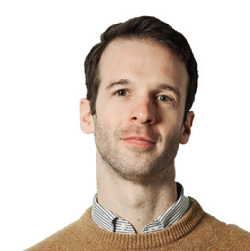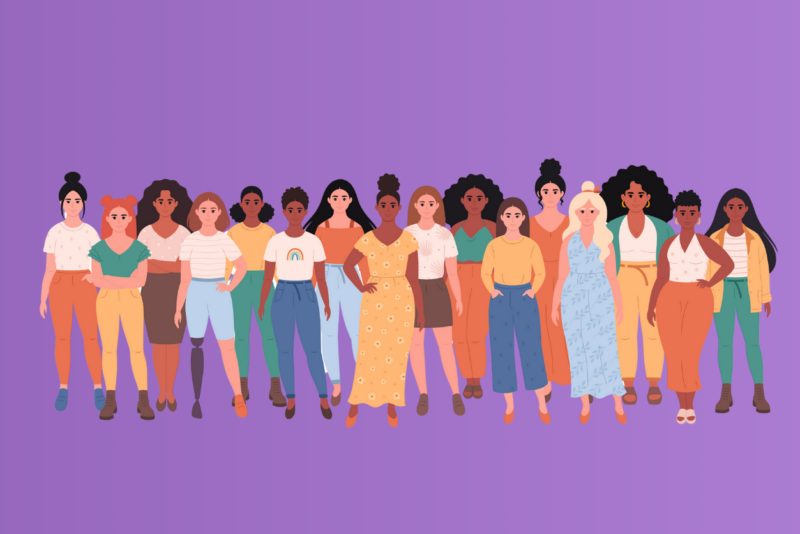Oli Pinch, Head of Networks at Future of London, discusses their Speaker Diversity Network and being a ‘middle-class white male’ diversity advocate.
I am a middle-class, white male in my mid-30s. There are more of me in the built environment sector than any other demographic. Despite appearances, I am an advocate for diversity, leading Future of London’s Speaker Diversity Network. This initiative promotes opportunities for under-represented groups and brings fresh voices to the urban debate.
I see my ‘lack’ of diversity as a strength. It is an opportunity to stand out from my peers and show a way forward. Achieving real diversity doesn’t mean moving people like me out of the way; it is about using my privilege to practise inclusive leadership and provide opportunities to people from underrepresented groups. This isn’t easy for everyone and even the vocabulary – BAME, disabled, people of colour, LGBTQIA – can be confusing and difficult to use correctly.
We need to get comfortable with these terms. There is already considerable evidence for why diversity is important. One statistic shows that where at least 30% of a business’s board are female, the company is likely to boost its bottom line.
The figure may not tell the whole story and could motivate people for the wrong reasons, but the point is that diversity invites innovation.
If we want to develop new solutions for the problems we face, we must invite people with different experiences and ideas.
What matters now is how to achieve this. Future of London’s Speaker Diversity Network provides free, small, group public speaking workshops with honest feedback from peers and experienced presenters. Tied to that effort, FoL hosts a vetted Speaker Bank of sector experts from varied disciplines and backgrounds who can be matched to events. The Network also invites organisations to nominate people from under-represented groups and to avoid speaking on single demographic panels.
Cross-sector organisations can use this and initiatives like it to inspire new people into the sector so that one day I won’t be the dominant demographic in the room. Until then, I’m fortunate to work for a small, diverse and forward-thinking organisation which is not afraid to put a white male forward to speak on this issue.
To discuss this article, contact Maggie Rafalowicz: maggie.rafalowicz@campbelltickell.com
This article is also featured in the latest CT Brief, Issue 44 – Diversity Focus
| About us
Campbell Tickell is an established multi-disciplinary management and recruitment consultancy, operating across the UK and Ireland, focusing on the housing, social care, local government, sport, leisure, charity and voluntary sectors. We are a values-based business and firmly place the positioning of our support and challenge on helping organisations to attain change that is well thought through, planned and sustainable. At CT, we want to help organisations create the landscape within which we ourselves would like to exist: fair, inclusive, diverse, engaged and transparent. We build from our values in how we approach all our work as a practice. Find out more about CT’s services. |



